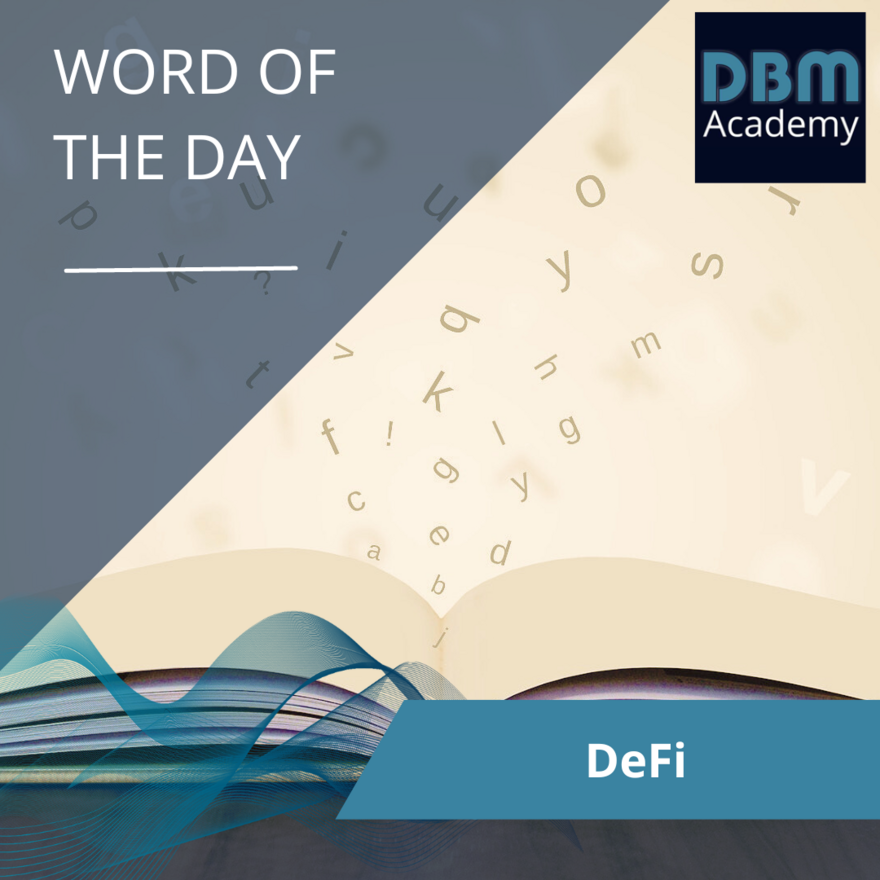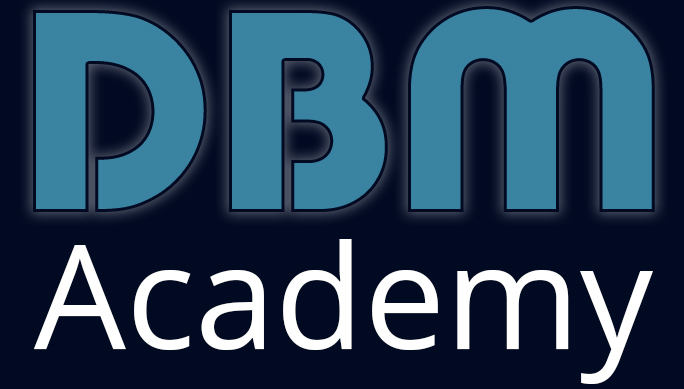What Is Decentralised Finance - Why Does is Matter?

Decentralized Finance, often abbreviated as DeFi, refers to a set of financial services and applications built on blockchain technology, primarily on public blockchains like Ethereum. DeFi aims to recreate and innovate traditional financial systems by leveraging decentralized networks, smart contracts, and cryptographic assets to provide an open and permissionless financial ecosystem.
Key characteristics and components of DeFi include:
-
Open and Permissionless: DeFi platforms are open to anyone with an internet connection, allowing users to access financial services without the need for traditional intermediaries like banks. The permissionless nature means that users can participate without requiring approval from a central authority.
-
Blockchain Technology: DeFi relies on blockchain technology, enabling transparent and secure financial transactions. Ethereum is a dominant blockchain for DeFi, but other blockchains also support decentralized financial applications.
-
Smart Contracts: Smart contracts, self-executing pieces of code, automate and enforce the terms of financial agreements without the need for intermediaries. They play a crucial role in many DeFi applications, facilitating functions like lending, borrowing, trading, and yield farming.
-
Decentralized Exchanges (DEXs): DEXs allow users to trade cryptocurrencies directly with one another without relying on a centralized exchange. These platforms operate using smart contracts and provide users with control over their funds.
-
Lending and Borrowing Platforms: DeFi lending platforms enable users to lend or borrow cryptocurrencies without involving traditional banks. Users can earn interest on deposited assets or use their crypto holdings as collateral to borrow other assets.
-
Stablecoins: Stablecoins within DeFi are pegged to the value of traditional fiat currencies, providing a stable unit of account for transactions and mitigating the volatility associated with many cryptocurrencies.
-
Yield Farming and Liquidity Mining: Yield farming involves users providing liquidity to decentralized protocols in exchange for rewards, often in the form of additional tokens. Liquidity mining incentivizes users to contribute to the liquidity of a platform.
-
Decentralized Autonomous Organizations (DAOs): DAOs are organizations governed by smart contracts and token holders. In DeFi, DAOs are sometimes used for protocol governance, allowing users to participate in decision-making processes.
Popular DeFi projects and platforms include Compound, Uniswap, Aave, MakerDAO, Yearn.finance, and many others. The DeFi ecosystem has grown rapidly, providing users with a variety of financial services while challenging traditional financial intermediaries.
It's important to note that, like any emerging technology, DeFi comes with risks, including smart contract vulnerabilities, market volatility, and regulatory uncertainties.


